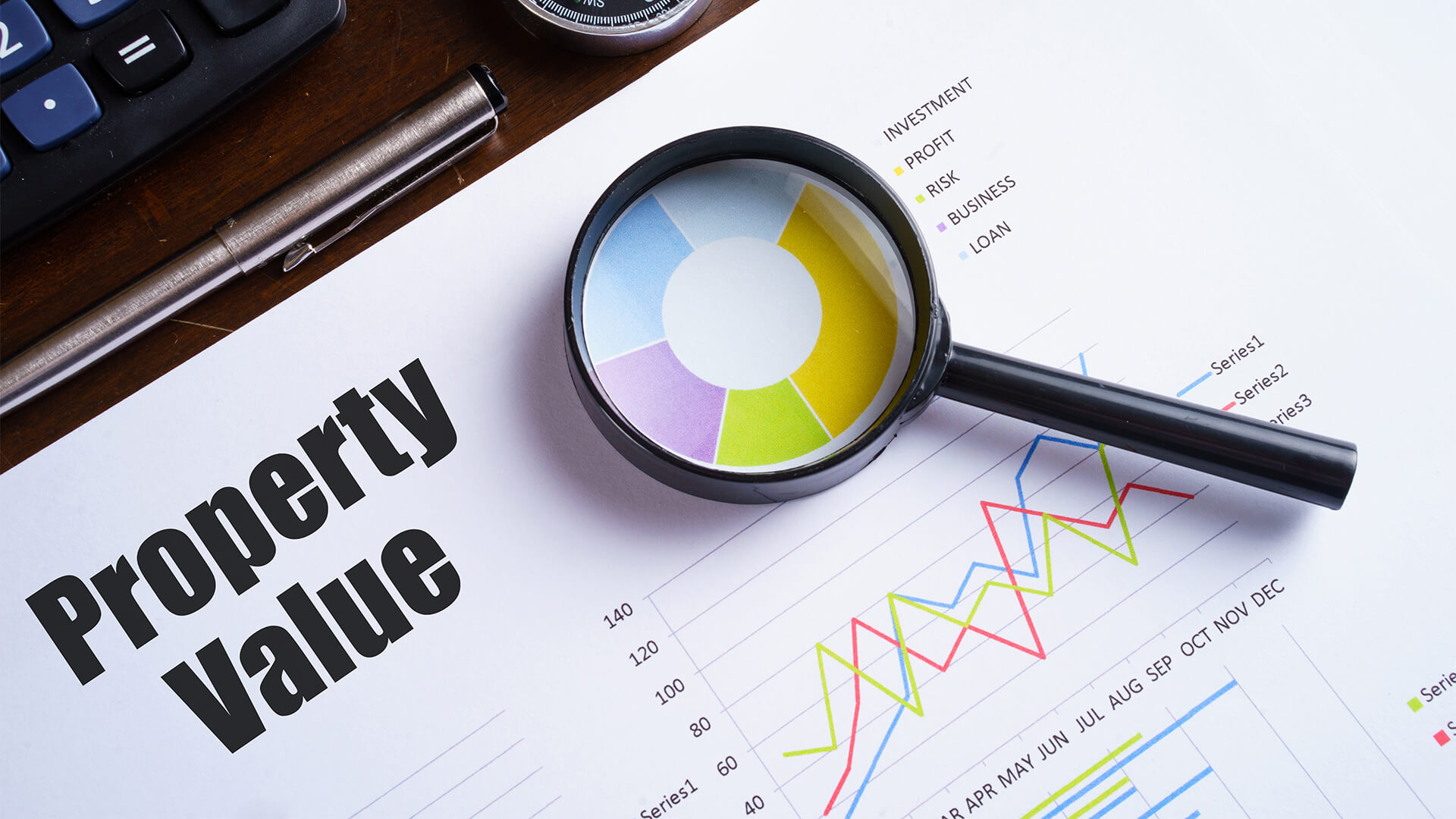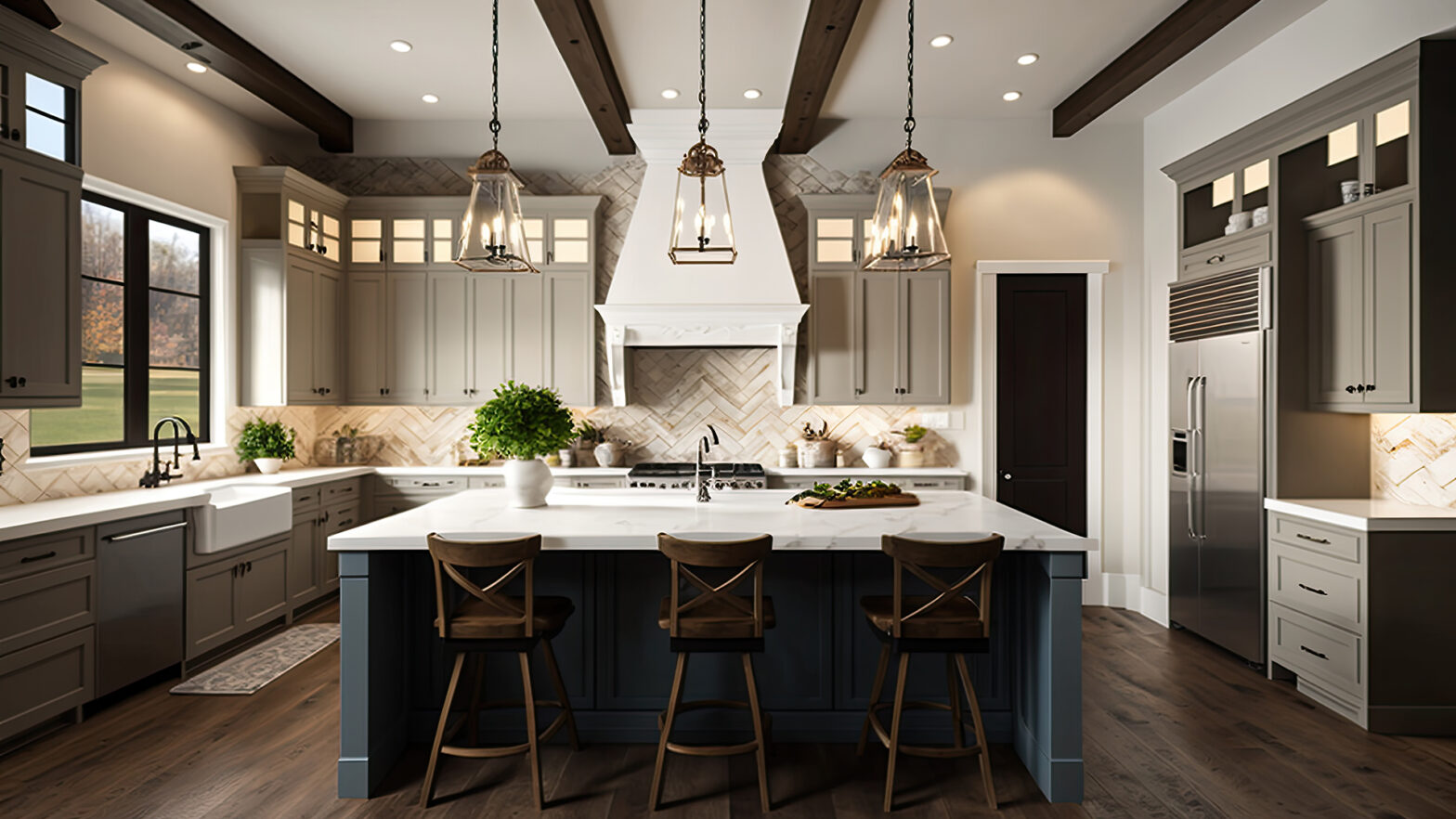Many different factors can have a significant impact on the value of your property. From a safe neighbourhood to spacious rooms and historical features, certain aspects of your house, as well as the area it’s in, can notably elevate the price that homebuyers are willing to pay. In this respect, even the name of the street can increase your property’s value by up to 73 per cent.
If you are selling your home in Scotland, a free property valuation in Edinburgh can help you understand how much you can expect to earn. But bear in mind that every buyer is different and that some overlooked aspects may deter them from agreeing to your initial asking price.
Therefore, we explore some surprising, hidden factors that could actually decrease the overall of your house.
Cigarette smoke
It is no secret that tobacco smoke is extremely harmful and dangerous to your health. But what some home-sellers may not realise is that cigarette smoke can have a significant influence on the price of their property too. In fact, smoking inside a home can reduce its value by up to 29 per cent. Tobacco can cling to walls and other surfaces inside the property, making it very difficult for new homeowners to get rid of the smell from the outset.
Home-hunters are likely to detect the odour as soon as they step inside the house for a viewing. Moreover, they could grow suspicious if they can scent a strong wave of air fresheners, which might be used to mask an unwanted or unpleasant smell.
Nuisance neighbours
Nobody likes nuisance neighbours, especially if they shout, bang doors, leave rubbish in their garden, and intimidate residents on a regular basis. Although other people’s behaviour is often out of your control, problematic neighbours can give your neighbourhood a bad reputation. This means, in turn, your house value is likely to drop too.
Tzana Webster, Director of Property Sales at Watermans comments: “Sellers also have a legal obligation to disclose if there are disputes with any neighbours – so your nuisance neighbours can also have a legal impact on the sale as well.”
According to House Beautiful, living close to nuisance neighbours can cut the average property price by up to £31,000. Considering that home-searchers tend to look for properties that allow them to unwind and relax after a busy day, this is perhaps no surprise.
Poorly-performing schools
Parents always want the best for their children. So, if your potential buyers have kids, they are already likely to have done some research on schools and colleges in the surrounding area.
There is a strong connection between house prices and well-performing schools. In fact, properties close to schools that show good exam results tend to sell for higher prices. On the contrary, if your home is located in the proximity of a less prestigious school, your house value could suffer a £14,000 penalty right from the offset.
Therefore, poor school performance can reduce demand and inevitably affect the price of homes in the area.
Japanese knotweed
Japanese knotweed is one of the most destructive plants in the UK, as it is known for causing huge structural damage to people’s home. If ignored and left unchecked, it can grow extremely fast and its roots can tunnel through tarmac, making it very difficult to kill. For this reason, it can diminish house values by about 10 per cent and leave home-sellers with serious financial loss.
Tzana Webster, explains that – when it comes to Japanese knotweed – it is crucial to get to the root of the issue. “Japanese knotweed can take over your garden and have a serious, damaging effect to your property,” Tzana says. “It can rip through drainage systems, destroy sheds and greenhouses, and even affect the solidity of your walls.
“This is very likely to decrease the value of the house you want to sell. To ensure you get the money you deserve for your property, you may want to employ a specialist firm that can nip the problem in the bud. Don’t let a plant affect your selling price!”
Superstition and unsavoury history
Another surprising factor that may bring down the value of your house is superstition. When searching for a new abode, homebuyers may steer clear from properties that – for whatever reason – give them a funny, unsettling feeling. For instance, houses with the number 13 tend to receive lower offers than their counterparts, simply because the two-digit number is deemed to be unlucky.
Houses’ prices may also be affected by their dark, unpleasant history. Anything from hauntings, crimes, murders, and even divorces can affect the cost of a property. Due to their unsavoury past, some homes may be worth up to £100,000 less than the average property. So, if your house has been the scene of some turbulent happenings over the years, it might end up selling for cheaper.
When selling your home, several hidden aspects may determine how much it will be put on the market for. Ultimately, from poor-performing schools and nuisance neighbours to superstition and cigarette smoke, your house value can be negatively affected by a wide range of overlooked reasons.































